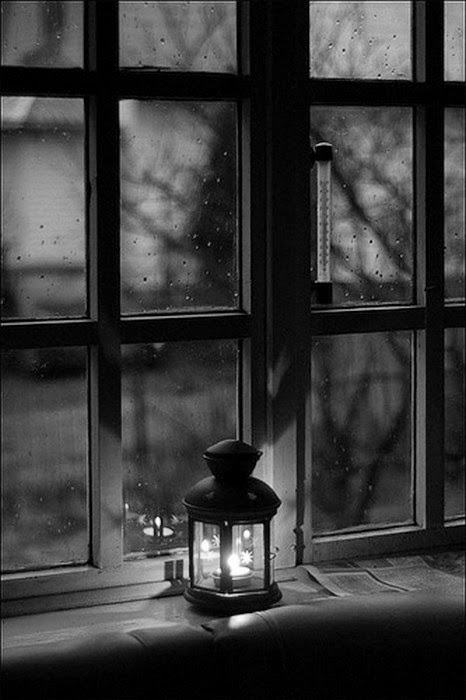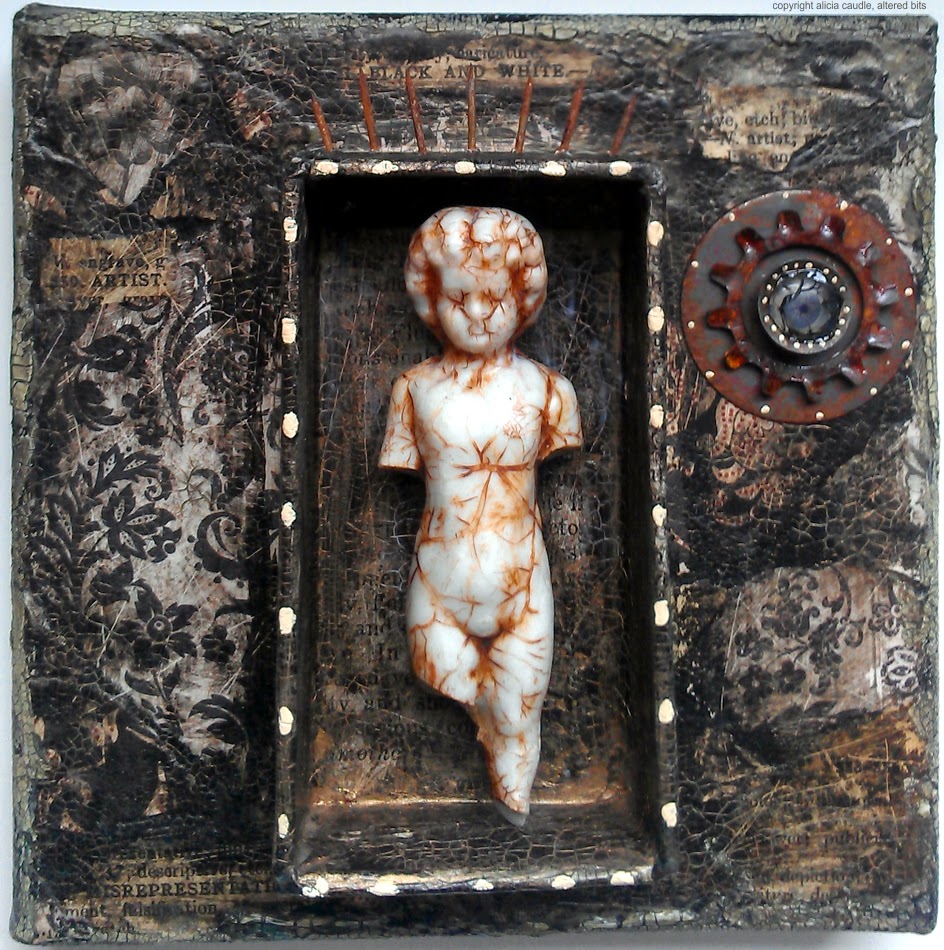In 1840, Martin Van Buren was President of the United States of America. u-s-history.com states, "Martin Van Buren was re-nominated unenthusiastically by the Democrats in 1840; no candidate was nominated for the vice presidency. To many of those countrymen who had suffered through years of depression, he was "Martin Van Ruin."
During post war time, Vermont's economy experienced a very slow growth, but important legislative events were on the rise regarding Women's Rights, thanks to Clarina Howard Nichols. She was a significant part of women's history in Vermont, who fought for the right of women to vote.
Also, after the Revolutionary War, Vermont had been stripped of it's forests and farmland was poor but people began to rebuild this state by claiming abandoned property such as vacant farms and lands, and slowly our state began to rebuild.
Around this same time, a lowly deserter of the British Army by the name of Eugene Clifford settled into the Fairfield, Vermont in the northern area near Fairfield Pond. He plotted and married a widow by the name of Elizabeth Gilmore, who just happened to have owned a large farm which contained some 50 acres of land.
Being a British deserter among the tight-lipped, honest Vermonters, he was strongly disliked, but generally accepted among the population.
But after the marriage, and birth of their first child, Clifford's eye wandered and fell upon another widow, with whom he fell in love. She also owned land, but it was across the lake....Ah, but here in lies the rub...for he had married Elizabeth and now the scoundrel must figure out a way to have his cake and eat it, too.
Early in the Fall of 1842, he sat among the town's people and discussion arose that if Elizabeth were to perish, then he would inherit the farm and the land. It was then that this miscreant deserter formed a plan to dispose of his wife and their infant.
Clifford arrived home one cold October (16th) afternoon to greet Elizabeth and their child where he announced that it was a lovely day for a trip around the lake in the log canoe.
Mrs. Gilmore was of Irish descent and owned a prized silk shawl, which she generally wore for special occasions. On this day, she covered herself in her elegant wrap, and swaddled the babe in a shawl made of wool.
Some of the townsfolk watched them board the canoe and witnessed the beautiful shawl over the shoulders of Elizabeth [Clifford] Gilmore. They set off across the shimmering blue of the lake against a backdrop of native trees, ablaze with autumn glory.
A few hours passed, and Clifford returned alone. He feigned tears, and wept.
Where was Elizabeth and the babe? The townspeople asked?
His shoulders humped forward to show the agony of his loss, as he shuddered and cried, telling that them that while Elizabeth moved to situate her shawl more comfortably, she rocked and upset the boat. She and the babe fell into the cold, dark water. He searched, but could not find them!
But yet, it was not dark! The town immediately began to search for the two and they continued into the darkness; yet, their search was in vain. The next morning, they set out again to attempt to recover their loss and were increasingly suspicious of Clifford. They found the drowned body of Elizabeth almost 2 fathoms beneath the cold lake, and the poor dead infant was discovered some distance away on the shore.
What of her beautiful shawl? And what of the babe's woolen blanket in which it was wrapped? It should have been found with her!
The townspeople inquired.
Again, they searched and foraged but the shawls could not be found. In fact, people came from miles away to look for the shawls.....they scoured and fished, but alas! nothing was found....and, suspicion grew.
Elizabeth [Clifford] Gilmore left behind her dearest friend, by the name of Mrs. Abigail Marvin, wife of Steven Marvin. Abigail profoundly suffered the loss of her friend, and one night commenced to dreaming. In her dream, she looked for the missing shawls.
When she awoke, she told her husband of the dream and he promptly dismissed it. She went to a friend named Bailey, who believed her dream and followed Abigail Marvin to the shore where she had actually never been! And from only her mind's eye, she followed the paths that were precisely from her dream with Bailey in tow.
"...she crossed the road in front of her dwelling, got over a fence athwart which a large hemlock tree had fallen; that she got over this fence, walked a short distance on the prostrate tree, and into a patch of woods where trees had been overturned by the wind; thence passed to ground, near the shore of the pond, covered by thick growth of brush; and that there, in a shallow hole of sand, and partially covered, she found the shawls." -From The History of St. Albans - googlebooks
Reportedly, the shawls were still wet and Eugene Clifford was arrested, tried and put into solitary confinement. He had been sentenced to death. Eugene went stark raving mad, and died before the sentence could be carried out.
Follow @VermontDeadline
Tweet
During post war time, Vermont's economy experienced a very slow growth, but important legislative events were on the rise regarding Women's Rights, thanks to Clarina Howard Nichols. She was a significant part of women's history in Vermont, who fought for the right of women to vote.
Also, after the Revolutionary War, Vermont had been stripped of it's forests and farmland was poor but people began to rebuild this state by claiming abandoned property such as vacant farms and lands, and slowly our state began to rebuild.
Around this same time, a lowly deserter of the British Army by the name of Eugene Clifford settled into the Fairfield, Vermont in the northern area near Fairfield Pond. He plotted and married a widow by the name of Elizabeth Gilmore, who just happened to have owned a large farm which contained some 50 acres of land.
Being a British deserter among the tight-lipped, honest Vermonters, he was strongly disliked, but generally accepted among the population.
But after the marriage, and birth of their first child, Clifford's eye wandered and fell upon another widow, with whom he fell in love. She also owned land, but it was across the lake....Ah, but here in lies the rub...for he had married Elizabeth and now the scoundrel must figure out a way to have his cake and eat it, too.
Early in the Fall of 1842, he sat among the town's people and discussion arose that if Elizabeth were to perish, then he would inherit the farm and the land. It was then that this miscreant deserter formed a plan to dispose of his wife and their infant.
Clifford arrived home one cold October (16th) afternoon to greet Elizabeth and their child where he announced that it was a lovely day for a trip around the lake in the log canoe.
 |
| This is not E. Gilmore |
Some of the townsfolk watched them board the canoe and witnessed the beautiful shawl over the shoulders of Elizabeth [Clifford] Gilmore. They set off across the shimmering blue of the lake against a backdrop of native trees, ablaze with autumn glory.
A few hours passed, and Clifford returned alone. He feigned tears, and wept.
Where was Elizabeth and the babe? The townspeople asked?
His shoulders humped forward to show the agony of his loss, as he shuddered and cried, telling that them that while Elizabeth moved to situate her shawl more comfortably, she rocked and upset the boat. She and the babe fell into the cold, dark water. He searched, but could not find them!
But yet, it was not dark! The town immediately began to search for the two and they continued into the darkness; yet, their search was in vain. The next morning, they set out again to attempt to recover their loss and were increasingly suspicious of Clifford. They found the drowned body of Elizabeth almost 2 fathoms beneath the cold lake, and the poor dead infant was discovered some distance away on the shore.
The townspeople inquired.
Again, they searched and foraged but the shawls could not be found. In fact, people came from miles away to look for the shawls.....they scoured and fished, but alas! nothing was found....and, suspicion grew.
Elizabeth [Clifford] Gilmore left behind her dearest friend, by the name of Mrs. Abigail Marvin, wife of Steven Marvin. Abigail profoundly suffered the loss of her friend, and one night commenced to dreaming. In her dream, she looked for the missing shawls.
When she awoke, she told her husband of the dream and he promptly dismissed it. She went to a friend named Bailey, who believed her dream and followed Abigail Marvin to the shore where she had actually never been! And from only her mind's eye, she followed the paths that were precisely from her dream with Bailey in tow.
"...she crossed the road in front of her dwelling, got over a fence athwart which a large hemlock tree had fallen; that she got over this fence, walked a short distance on the prostrate tree, and into a patch of woods where trees had been overturned by the wind; thence passed to ground, near the shore of the pond, covered by thick growth of brush; and that there, in a shallow hole of sand, and partially covered, she found the shawls." -From The History of St. Albans - googlebooks
Reportedly, the shawls were still wet and Eugene Clifford was arrested, tried and put into solitary confinement. He had been sentenced to death. Eugene went stark raving mad, and died before the sentence could be carried out.

.jpg)


.gif)














.gif)






.jpg)



.jpg)

.jpg)





























